Epliron is a medication containing Eplerenone, which belongs to the class of selective aldosterone receptor antagonists. It works by blocking the action of aldosterone, a hormone responsible for regulating salt and water balance. By reducing aldosterone activity, Epliron helps lower blood pressure, reduce fluid retention, and protect the heart in certain cardiovascular conditions.
Ingredients
-
Eplerenone
Drug Class
Aldosterone Antagonist (Potassium-sparing diuretic)
Dosage Form
Tablet
Uses
Epliron is commonly used for the following purposes:
-
Management of high blood pressure (hypertension)
-
Treatment of heart failure after a heart attack
-
Reduction of risk for hospitalization in chronic heart failure patients
-
Management of fluid retention (edema) due to aldosterone imbalance
Dosage
-
Dosage must be taken exactly as prescribed by the doctor.
-
Usual adult dose: 25–50 mg once or twice daily, adjusted according to medical condition and lab results.
In Case of Overdose
Overdose may cause low blood pressure, dizziness, and electrolyte disturbances (especially high potassium). Immediate medical attention is required.
Missed Dose
If you miss a dose, take it as soon as you remember. If it is nearly time for the next dose, skip the missed one. Do not double the dose.
How To Use
-
Swallow the tablet whole with water.
-
Can be taken with or without food.
-
Take at the same time each day for best results.
When Not to Use
Avoid Epliron if you have:
-
Allergy to eplerenone
-
Severe kidney disease or dialysis
-
High potassium levels in the blood (hyperkalemia)
-
Severe liver impairment
-
Concurrent use of strong CYP3A4 inhibitors (like ketoconazole, clarithromycin)
Side Effects
Possible side effects include:
-
Dizziness, headache
-
High potassium levels (may cause irregular heartbeat, muscle weakness)
-
Low blood pressure
-
Nausea or stomach upset
-
Fatigue
Precautions & Warnings
-
Regular monitoring of kidney function and potassium levels is required.
-
Use cautiously in elderly patients and those with heart or kidney disease.
-
Pregnant and breastfeeding women should use only if prescribed by a doctor.
-
Avoid salt substitutes or potassium supplements unless approved by your doctor.
Drug Interactions
-
Strong CYP3A4 inhibitors (ketoconazole, itraconazole, clarithromycin)
-
ACE inhibitors or ARBs (increase risk of hyperkalemia)
-
Potassium supplements or potassium-sparing diuretics
-
Lithium (may increase toxicity)
-
Certain NSAIDs may reduce its effectiveness or worsen kidney function
Storage/Disposal
-
Store at room temperature in a dry place.
-
Keep away from moisture and direct sunlight.
-
Dispose of unused tablets safely and keep out of reach of children.
Control Drug
No
Quick Tips
-
Monitor your blood pressure and potassium levels regularly.
-
Avoid excessive salt substitutes containing potassium.
-
Take consistently at the same time each day.
-
Do not stop the medicine suddenly without consulting your doctor.
Doctor’s Review, Dr. Imran Qureshi, MBBS
“Epliron to patients with heart failure and resistant hypertension where aldosterone plays a major role. It is very effective in reducing hospitalizations and improving outcomes, Strict monitoring of potassium and kidney function. Patients should follow diet and fluid recommendations closely for safe use.”
Disclaimer
This information is provided for educational and product reference purposes only. It is not a substitute for professional medical advice or prescription. Always consult a qualified physician or healthcare provider before starting or adjusting any medication.

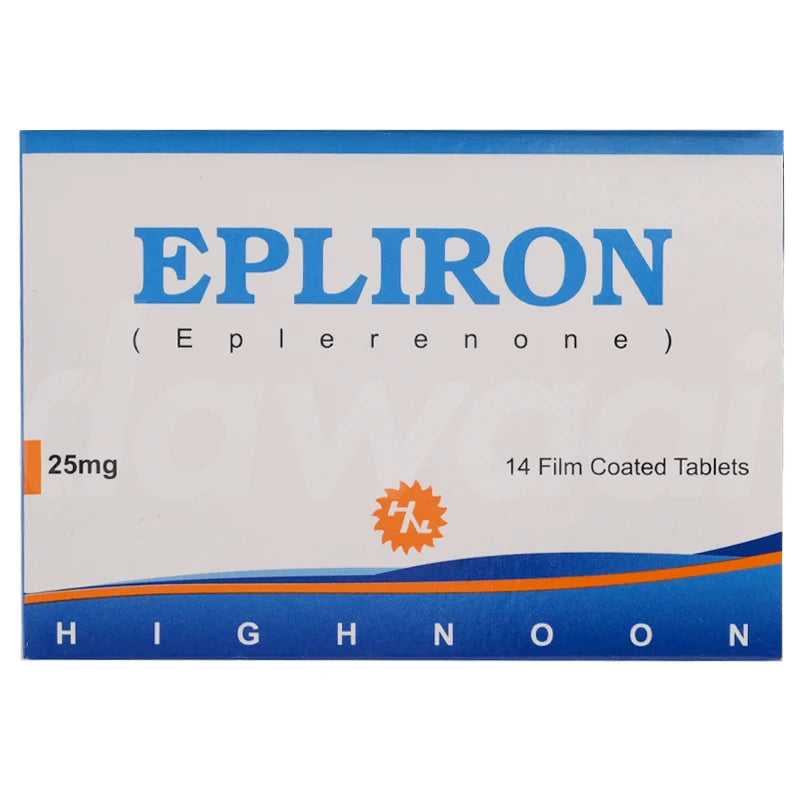
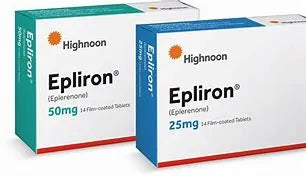
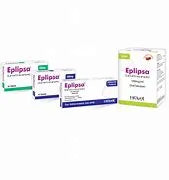

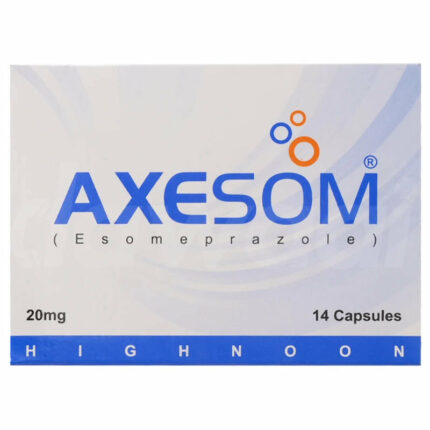
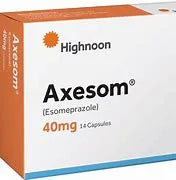


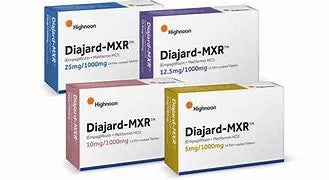
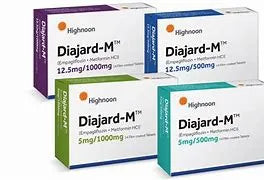
Reviews
There are no reviews yet.